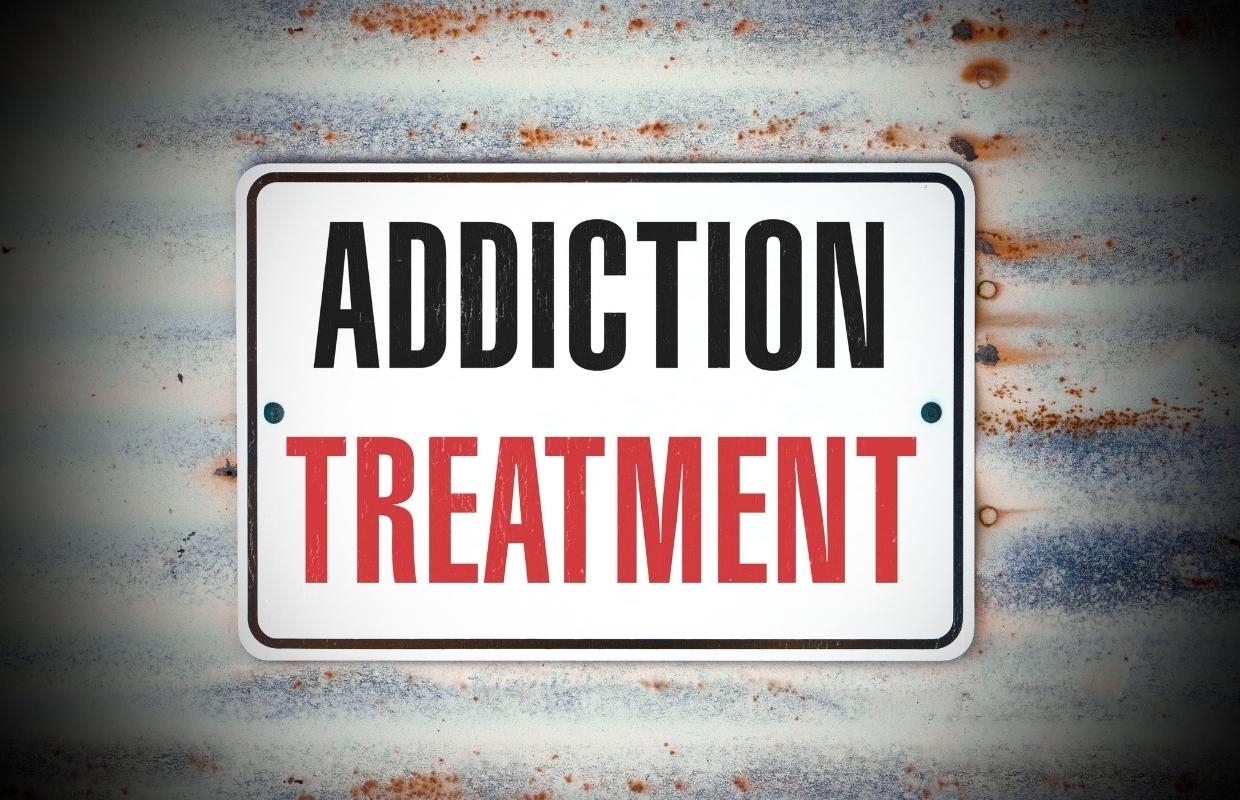Convenient telehealth addiction treatment allows patients to receive care remotely.
Wiki Article
Secret Types of Dependency Therapy: Browsing Alcoholism Healing Via Evidence-Based Practices
In the realm of alcoholism healing, the integration of Cognitive-Behavioral Therapies (CBT) and Medication-Assisted Therapy (MAT) marks a critical stride in the direction of effectiveness and patient-centered care. CBT provides an organized path to reframe destructive idea patterns, while MAT supplies a biochemical foothold versus the physical tribulations of withdrawal. When these evidence-based practices are supplemented with all natural techniques, such as mindfulness and nutritional assistance, they create a durable framework for treatment. However, the journey through these methods offers unique obstacles and outcomes, laying bare the concern of how these treatments concretely converge to promote sustained healing.
Comprehending Cognitive-Behavioral Treatments in Alcoholism Recuperation
As alcohol dependency healing progresses, cognitive-behavioral therapies (CBT) have become a cornerstone in reliable therapy techniques. CBT operates the concept that maladaptive habits, such as too much alcohol consumption, are driven by inefficient thoughts and ideas. Treatment concentrates on recognizing these unfavorable patterns and mentor individuals just how to challenge and change them with more constructive reasoning. This therapy is not just regarding handling habits but also reshaping cognitive procedures, which can result in sustained sobriety. Procedure commonly involve sensible skills training, such as dealing strategies for handling yearnings and stress and anxiety management techniques. The versatile nature of CBT permits it to be tailored to the distinct demands of each person, improving its performance in the realm of alcohol recovery.
The Role of Medication-Assisted Therapy in Managing Withdrawal and Food Cravings
Medication-assisted therapy (MAT) plays a critical function in the management of withdrawal signs and food cravings in people recovering from alcohol dependency. Mental Health Treatment. Such combination supports the retention in therapy programs and adds substantially to avoiding relapse, marking MAT as a foundation of effective alcohol addiction therapy.
Incorporating Holistic Approaches With Conventional Treatments for Comprehensive Treatment
While medication-assisted treatment provides a foundational approach to alcohol recuperation, incorporating holistic methods with traditional treatments supplies a much more extensive care model. By incorporating these varied approaches, treatment programs can customize treatments to specific requirements, advertising a more sustainable healing. This integrated method underscores the relevance of a diverse approach in the reliable therapy of alcohol dependency.
Verdict
In final thought, efficient alcoholism recuperation leverages a combination of evidence-based techniques. Cognitive-Behavioral Therapies alcohol addiction treatment reframe unfavorable reasoning, while Medication-Assisted Treatment tackles the physical obstacles of withdrawal and yearnings. Incorporating all natural approaches, such as mindfulness and proper nourishment, with conventional treatments makes sure an extensive treatment strategy. Customized to private demands and supported in time, these approaches collectively improve the likelihood of continual sobriety and total wellness in recouping individuals. Mental Health Treatment.Report this wiki page